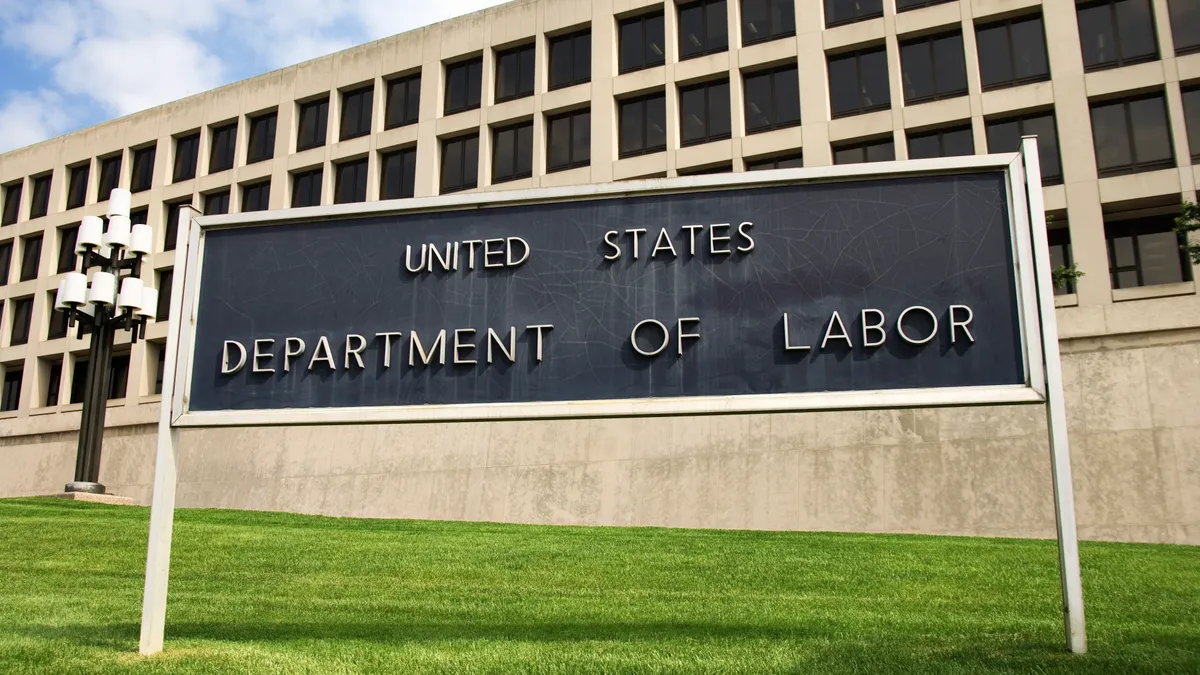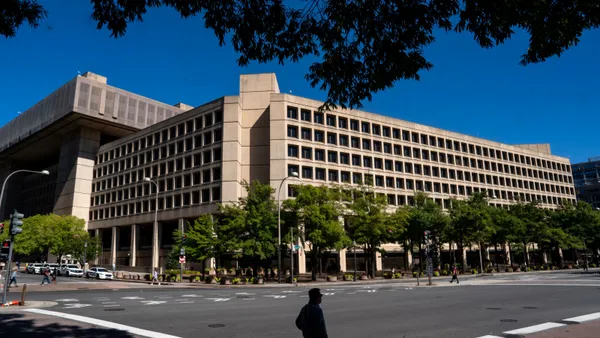Dive Brief:
- The U.S. Department of Labor’s final rule, increasing the minimum salary threshold for overtime eligibility under the Fair Labor Standards Act, is expected to impact roughly 3.6 million “lower-paid salaried workers” across the U.S., including those in the hotel industry.
- Starting July 1, the threshold will increase from $35,568 to $43,888 per year. It will then increase to $58,656 on Jan. 1, 2025 — up about 65% from the Trump administration’s 2019 rule and slightly higher than the increase the DOL proposed in September. The rule guarantees overtime pay for salaried executive, administrative and professional employees earning less than the threshold.
- Higher pay remains a top ask from hotel workers across the country, even after the national average hotel wage reached a record high last year. The DOL rule will give some hotel workers access to more money, though the American Hotel & Lodging Association and other national hotel associations warn it will harm employees’ growth opportunities.
Dive Insight:
In 2023, hotels paid 2.1 million employees some $118.01 billion in wages, salaries and other compensation, equating to an average of $56,195 per employee, according to AHLA’s 2024 State of the Hotel Industry report.
This year, based on labor and pay gains forecasted in the report, the average pay per hotel employee will be roughly $57,682. This means that despite hotels paying more than ever in 2024, the average hotel worker — granted they’re salaried — would be eligible for overtime pay under DOL’s 2025 threshold increase.
The increase aims to “ensur[e] that lower-paid salaried workers receive their hard-earned pay,” DOL Wage and Hour Administrator Jessica Looman said in a statement. More pay is something thousands of hotel workers across the country are demanding, saying their pay isn’t enough to live comfortably on.
“This rule establishes clear, predictable guidance for employers on how to pay employees for overtime hours and provides more economic security to the millions of people working long hours without overtime pay,” Looman added.
AHLA claims, though, that the rule would hurt hotels and limit employee growth opportunities.
The rule could force hoteliers to “eliminate managerial jobs,” in effect making it harder for workers to pursue pathways of career growth in the industry, AHLA Interim President and CEO Kevin Carey said in a statement. He added that the association is “reviewing all available options, including litigation, for defeating this ill-advised regulation.”
Partnership to Protect Workplace Opportunity, a business coalition of dozens of associations, businesses and other stakeholders representing employers across a variety of U.S. industries, also condemned the DOL rule.
“This raise in labor costs simply cannot be absorbed by businesses, especially small businesses,” PPWO wrote in a statement. “Under this rule, many workers will be reclassified and lose workplace status, benefits, and opportunities for growth and advancement.”
PPWO’s partners include AHLA and the Asian American Hotel Owners Association.
AAHOA could not be reached for comment on the rule Wednesday, but in a November letter to the DOL, association President and CEO Laura Lee Blake said the organization would “not support or recommend” the then-proposed increased salary threshold.
In the letter, Blake said that given threshold increases, small business hoteliers in smaller markets will have “no choice but to examine their staffing levels, possibly minimize hourly expectations of employees to prevent the burden of overtime payments, and/or reduce the number of employees to compensate for the increased cost of operations.”
In turn, she said, the burden caused by the increase “could impact and lessen the consumer hotel guest experience.”















